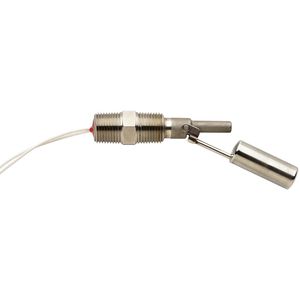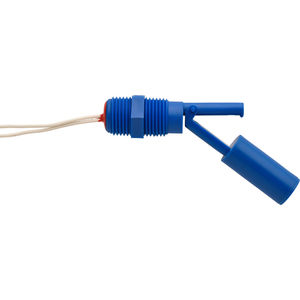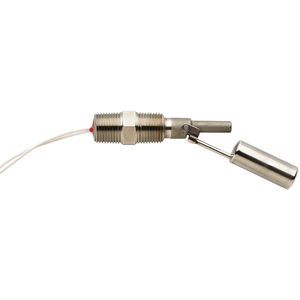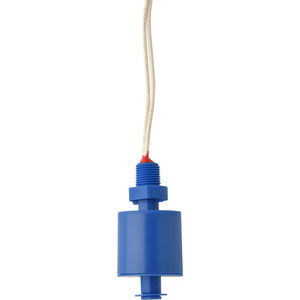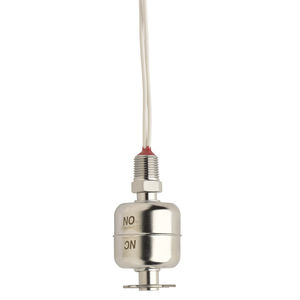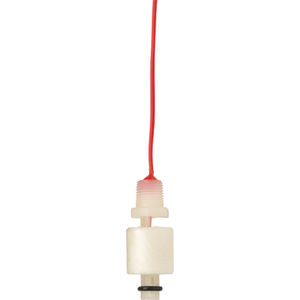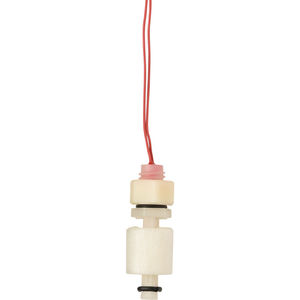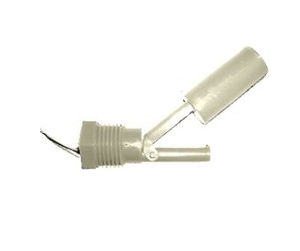
- Detection - Measurement
- Flow, Pressure and Level Measurements
- Broken finger float level switch
- Whitman Controls Corporation
Broken finger float level switch L22-20-S1-20-NOfor waterpolypropyleneside-mount
Add to favorites
Compare this product
Characteristics
- Technology
- broken finger float
- Medium
- for water
- Material
- polypropylene
- Mounting
- side-mount
- Process temperature
Max.: 180 °F
(82 °C)Min.: -40 °F
(-40 °C)- Process pressure
Max.: 100 psi
Min.: 0 psi
Description
The Whitman Controls L22 Series Single-Ended, Side Mount Polypropylene Liquid Level Switches are among the most versatile and durable of the side-mounted liquid level switch line. The polypropylene wetted material makes the switch highly compatible with numerous liquids from acids, to water, to bases. The side mount provides added versatility, allowing the switch to be used as a high or low level indicator, and plastic body provides use up to 100 PSI. These are most often used in many O.E.M. and one-off applications. These are available with several options as specified by the user.
Key Features:
Whitman Red Seal potting submersible to a NEMA 6 rating
Polypropylene
Single-ended, Side mounted
Extensive operating temperature range
SPST availability
Specifications:
Fitting: 1/2" NPT
Wetted Materials: Polypropylene
Minimum Liquid Specific Gravity: 0.70
Liquid Temperature range: -40℉ to +180℉
Max System Pressure: 100 PSIG
Electrical Switch Rating: 50 VA
Weight: 5oz (approx.)
Catalogs
No catalogs are available for this product.
See all of Whitman Controls Corporation‘s catalogsOther Whitman Controls Corporation products
Liquid Level Switches
Related Searches
- Pressure gauge
- Level limit switch
- Level probe
- Liquid level limit switch
- Liquid level probe
- Analog pressure indicator
- Pressure switch
- Mechanical pressure switch
- Float level switch
- Dial pressure indicator
- Threaded pressure indicator
- Stainless steel level limit switch
- Waterproof pressure switch
- Bourdon tube pressure gauge
- Diaphragm pressure switch
- Tank level detector
- Adjustable pressure switch
- Plastic level switch
- Magnetic float level switch
- Liquid pressure switch
*Prices are pre-tax. They exclude delivery charges and customs duties and do not include additional charges for installation or activation options. Prices are indicative only and may vary by country, with changes to the cost of raw materials and exchange rates.


